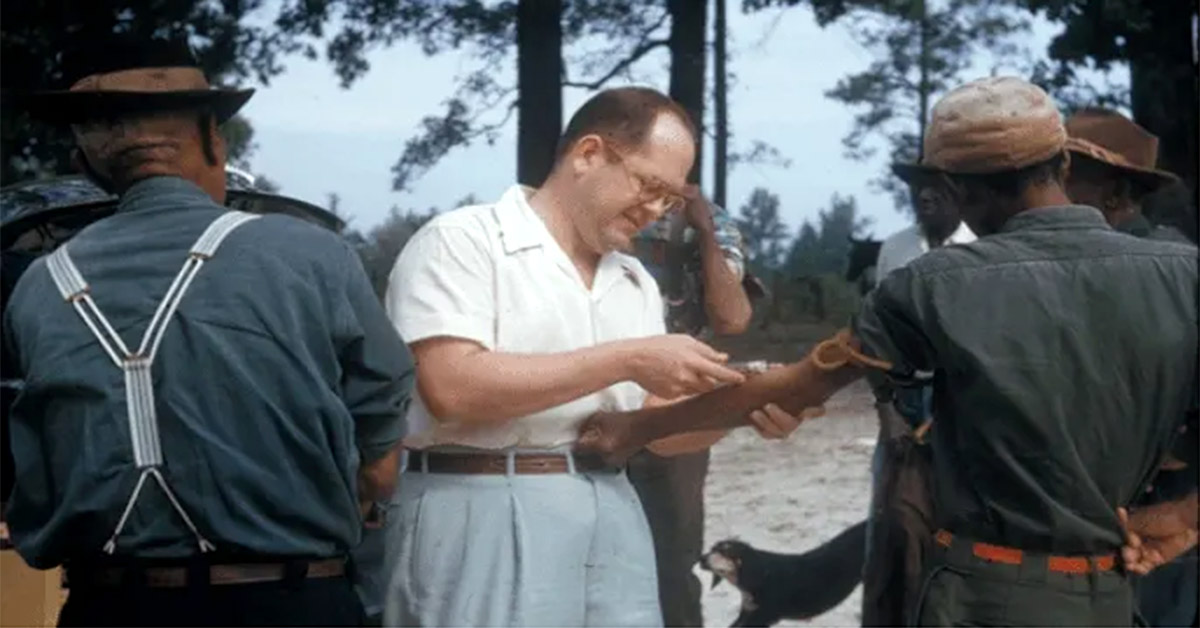A new research article co-authored by the School of Public Health discusses how the well known U.S. government study of African-American men with syphilis may have harmed the health of future generations through what’s known as peripheral trauma.

The new article was co-authored by Assistant Professor Rachel Hardeman and published in the Journal of General Internal Medicine to serve as a follow-up to the study, “Tuskegee and the Health of Black Men,” published in the Quarterly Journal of Economics. Hardeman and the study’s authors wrote this new research article in order to share the findings and their implications with the health care community.
According to the authors, peripheral trauma exists when racially or ethnically targeted, adverse events lead to poor mental and physical health in minority groups — even among members not directly involved in the incident. For example, they cited how recent research shows that the mental health of black men tends to decline in communities where an unarmed black man was recently killed by police.
Hardeman and her co-authors argue that peripheral trauma was also manifested through the Tuskegee Study of Untreated Syphilis (TSUS) in the Negro Male. The U.S. Public Health Service study began in 1932 and observed untreated syphilis in African-American men who were not told they had the infection. The study lasted for 40 years and the participants were never treated for the disease even after penicillin became available in 1942.
The study was publicly disclosed in 1972, and afterward, the mortality and health care utilization of black men declined after years of improvement, suggesting they’d lost trust in the health care system.
In particular, the authors point out:
- until 1972, black men were converging toward white men’s mortality rates. (Similarly, the racial gap in infant and child mortality ages one to five was closing steadily over time.);
- however, soon after the disclosure of TSUS, the mortality of black men nationwide began to diverge from white men;
- changes in outpatient care utilization drove part of these mortality changes as black men reduced their interactions with outpatient physicians between 1973 and 1977 by approximately 22% relative to 1969–1972.
“In cases where the medical profession is the perpetrator of such actions, health effects may be even more pronounced as groups experience both the stress of targeting and heightened mistrust of the medical profession,” said Hardeman. “Some of the ongoing medical mistrust among black Americans in the medical profession is rooted in this historical exploitation, which means the peripheral trauma of TSUS spans generations.”
Hardeman says that findings from the study highlight how the past actions of providers can indirectly and still profoundly harm the health of people today. She adds that the lessons are timely in the current era of heightened national concern about systemic racism in medical institutions, such as hospitals, and the need to eliminate disparities.
To heal the mistrust black men have in the health care system, the authors recommend that leaders and policymakers take steps to educate practitioners on peripheral trauma as well as increase racial and ethnic diversity among the health care workforce.

